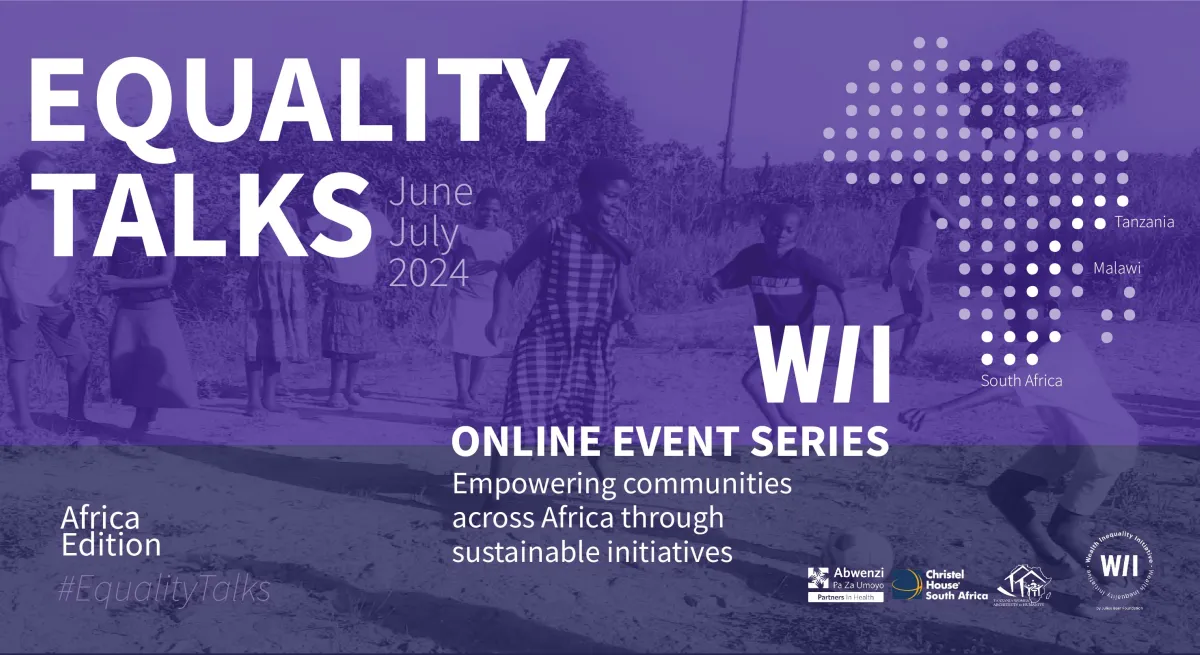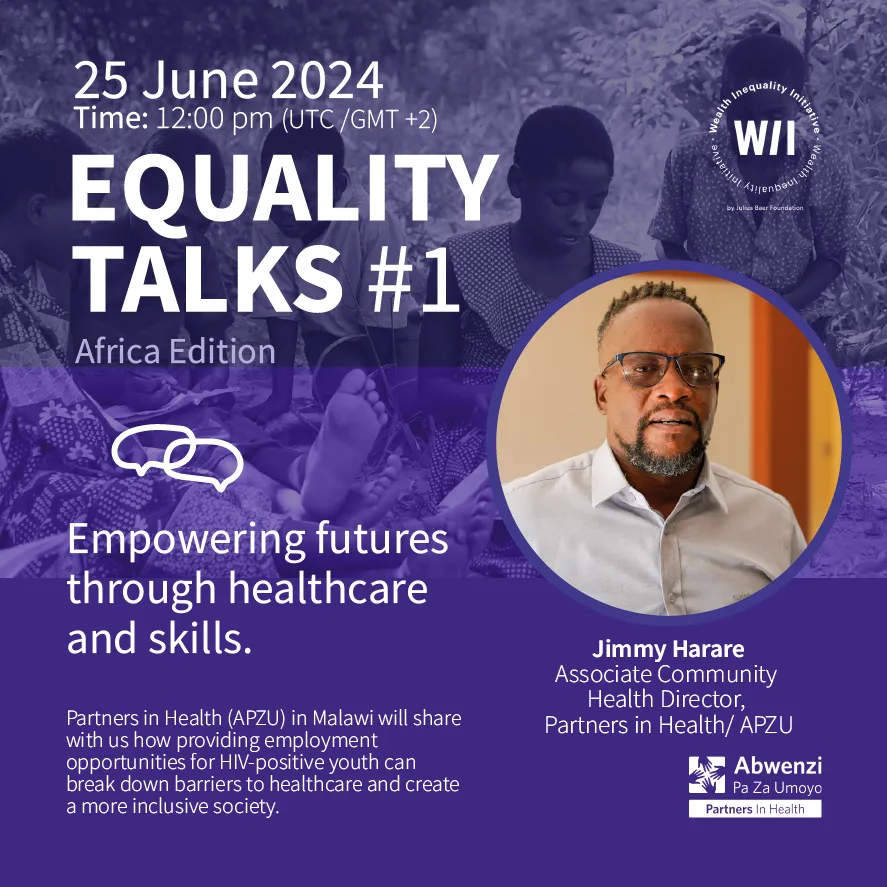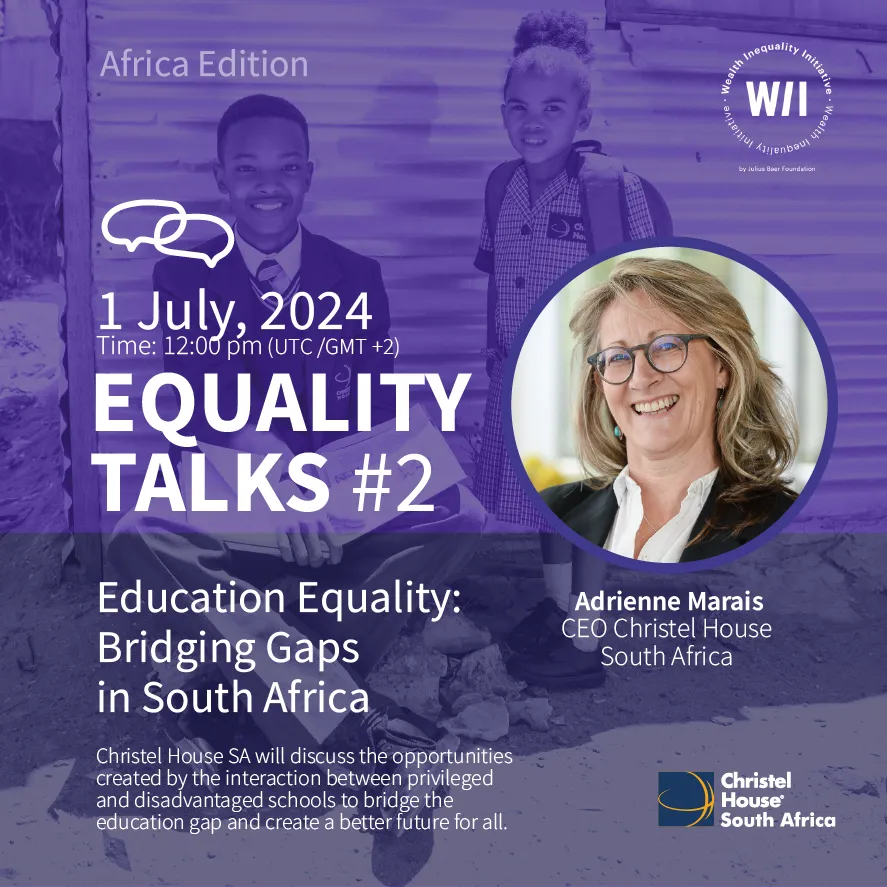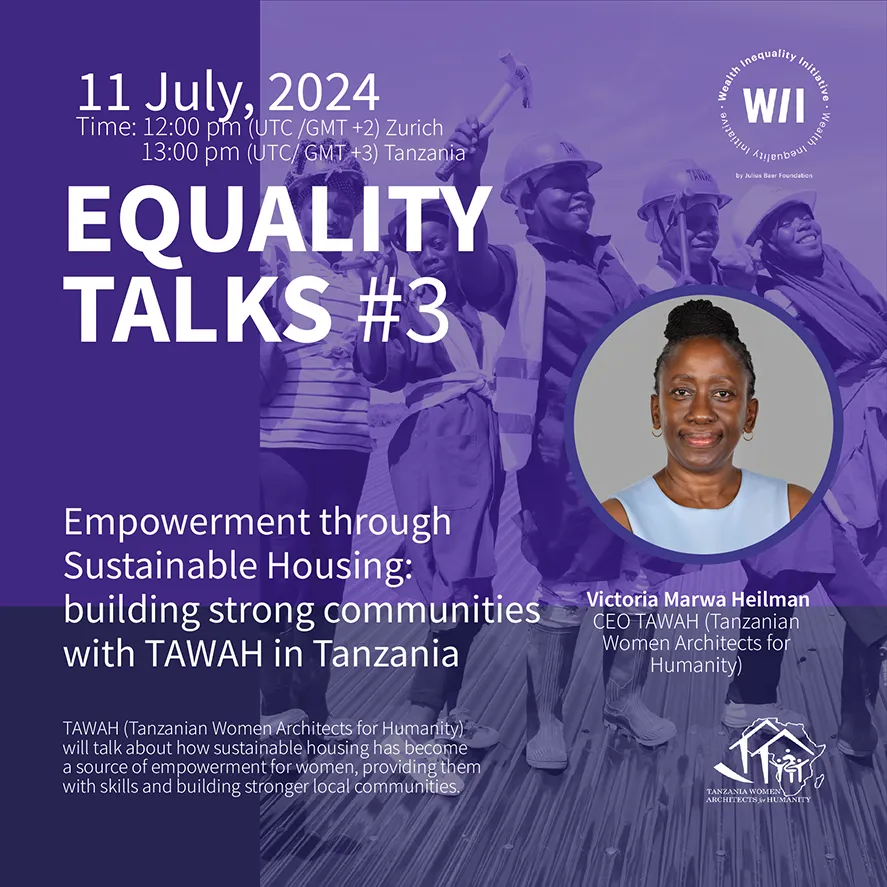Wealth inequality in Africa is a pressing issue that affects millions of people across the continent.
In today’s volatile world, it feels as if many other topics – wars, migration streams, climate change – are more urgent because their effects occur immediately. However, when taking a closer look at the events leaving our world in turmoil, wealth inequality underlies them all. When resources to build up a life for oneself are so concentrated among a small proportion of the population, it leaves a large number of people excluded. Such significant imbalance leads to a sense of resentment and disillusionment. Social cohesion and trust within a society diminishes. Young people frequently report feeling entirely invisible in a system that is not structured to enable moving upward.
Excluding a large part of the population impedes economic growth as their opportunity to participate in the labour market and the economy is significantly limited. It reduces consumer demand, which results in reduced possibilities to produce. Research has revealed that countries with higher levels of inequality face worse levels of health and emotional and physical well-being across all strata of society. The increased levels of unrest lead to heightened levels of stress, in- security and instability, affecting not only those who cannot afford health care but also those who can. Excessive wealth inequality and its consequences negatively impact a society’s safety and entire well-being.

The Julius Baer Foundation is committed to reducing wealth inequality, recognising that wealth goes beyond monetary assets. It convenes the leading thinkers and actors on wealth inequality and support projects around the world that drive change and use the potential to inspire others.
That's how #Equality Talks was born in 2023. These online event series bring together three partner organizations in Africa to discuss their efforts in reducing inequality in health, education, women's empowerment, and sustainable housing.
Learn from our Partners
Equality Talks #1: Empowering futures through healthcare and skills
In Malawi, adolescents living with HIV face significant barriers to accessing vocational training and employment due to social stigma and a lack of adolescent-friendly health services. Partners in Health/APZU has redesigned the curriculum for adolescent health centers to make these opportunities accessible.
Want to learn how?
Date: 25 June 2024 Time: 12:00 pm (UTC +2)

Equality Talks #2: Education equality: bridging gaps in South Africa
In South Africa, children from unequal societies are often isolated within their social strata, lacking access to quality education and opportunities. Christel House South Africa works to bridge this gap by fostering personal connections and providing equal education opportunities. This initiative helps build social networks, leading to more diverse workplaces, healthier communities, and a stronger economy.
Discover how Christel House South Africa creates bridges between these two worlds.
Date: 1 July 2024 Time: 12:00 pm (UTC +2)

Equality Talks #3: Empowerment through sustainable housing:building strong communities with TAWAH in Tanzania
In rural Tanzania, women face significant barriers to entering the construction sector due to limited formal education and gender biases. TAWAH is breaking these barriers by providing training and employment opportunities to women in marginalized areas.
Want to learn how TAWAH is empowering women in the construction sector?
Date: 11 July 2024 Time: 12:00 pm (UTC +2)

Download here the flyer and share it with your network
